How does the male ball valve design enable smooth and effortless on/off operation?
The male ball valve design is a key characteristic...
MORE >>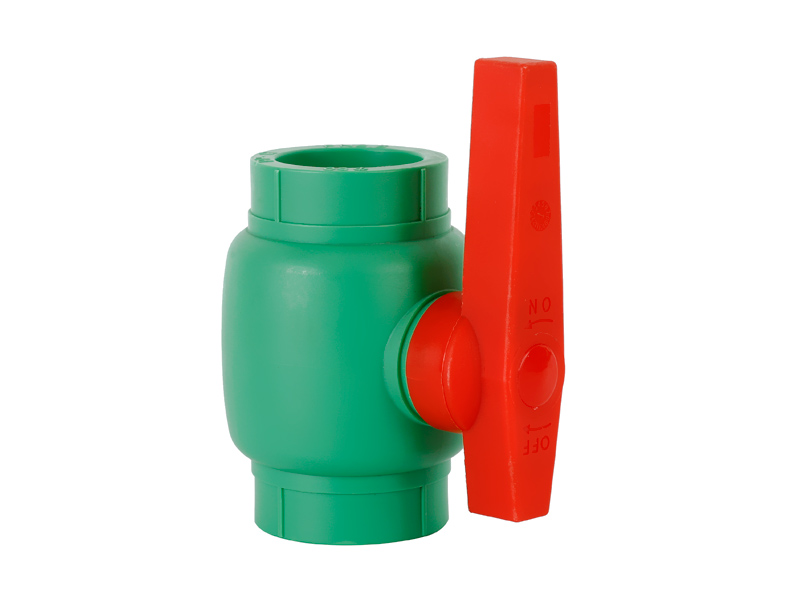
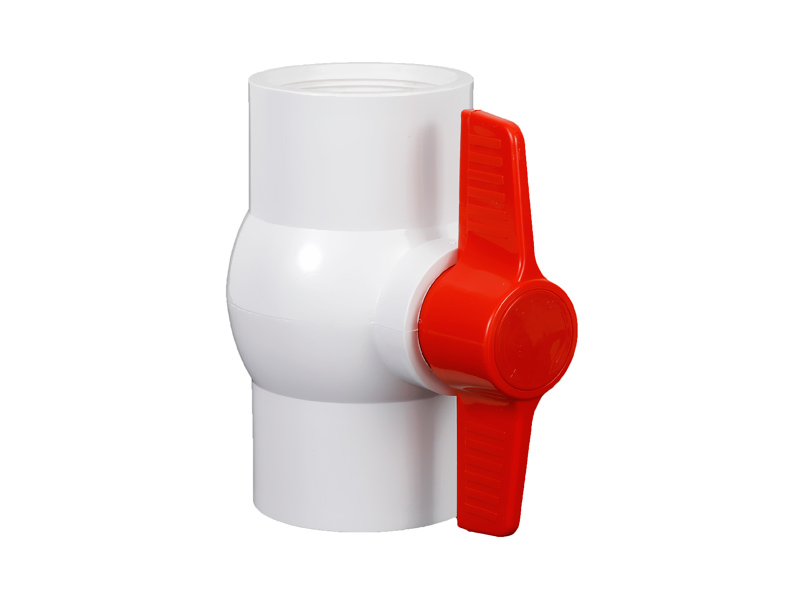
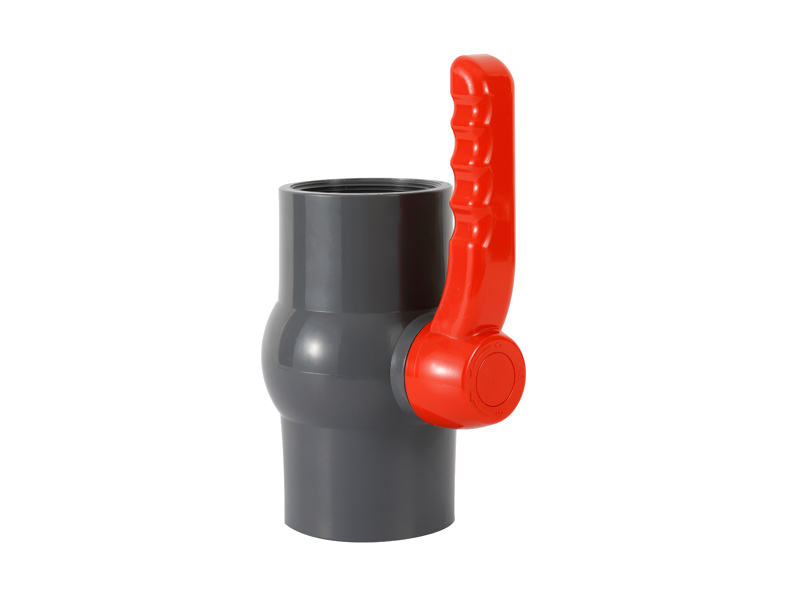
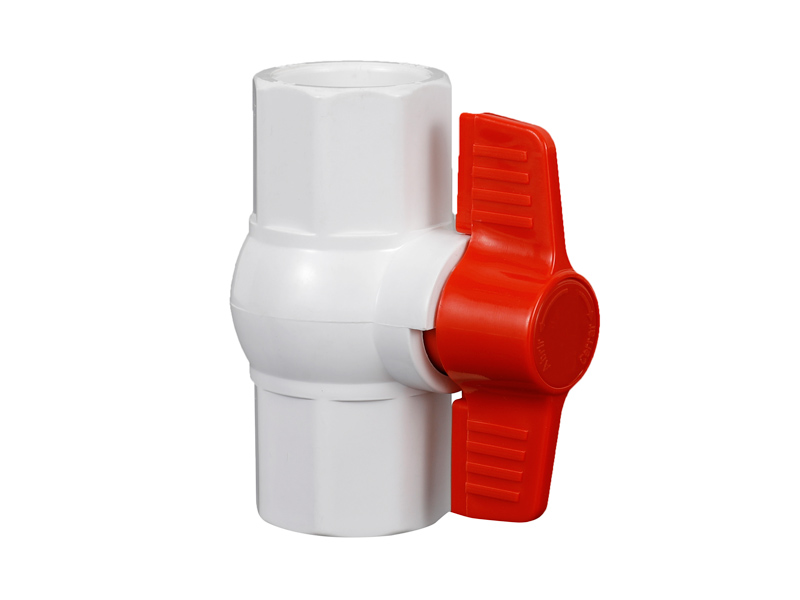
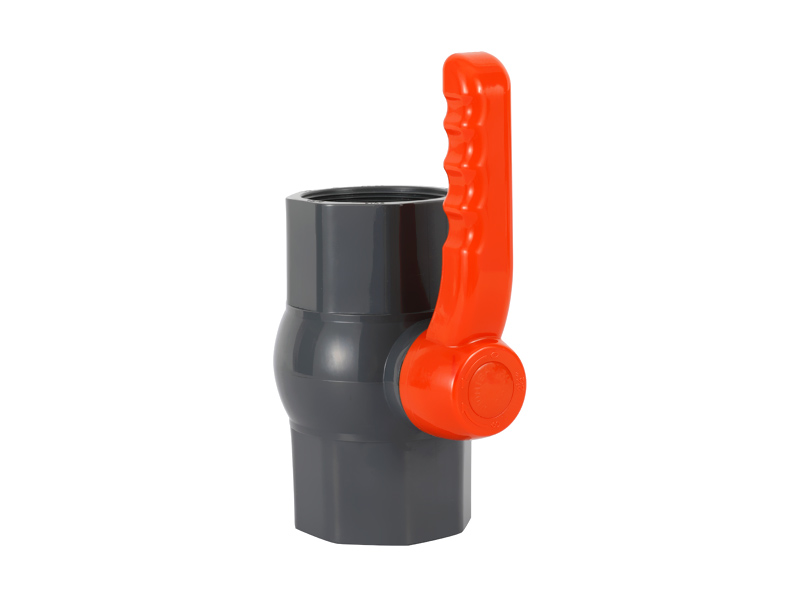
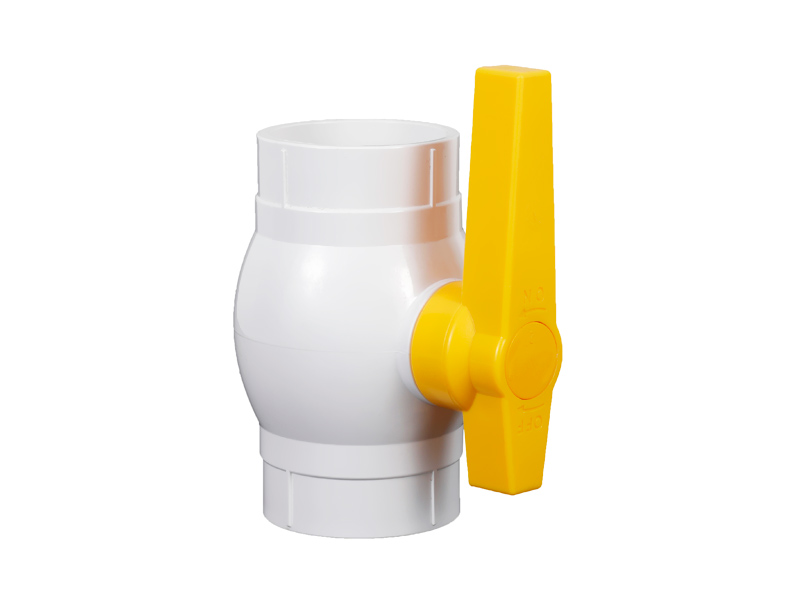
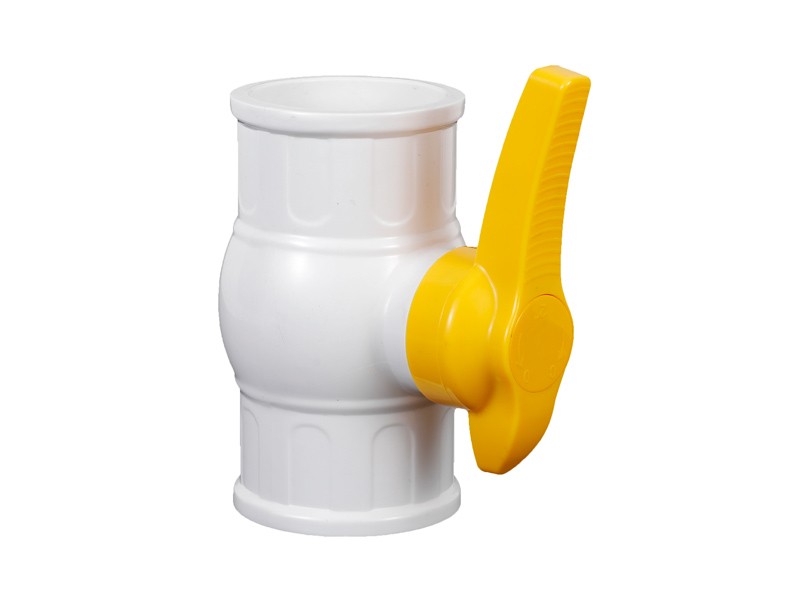
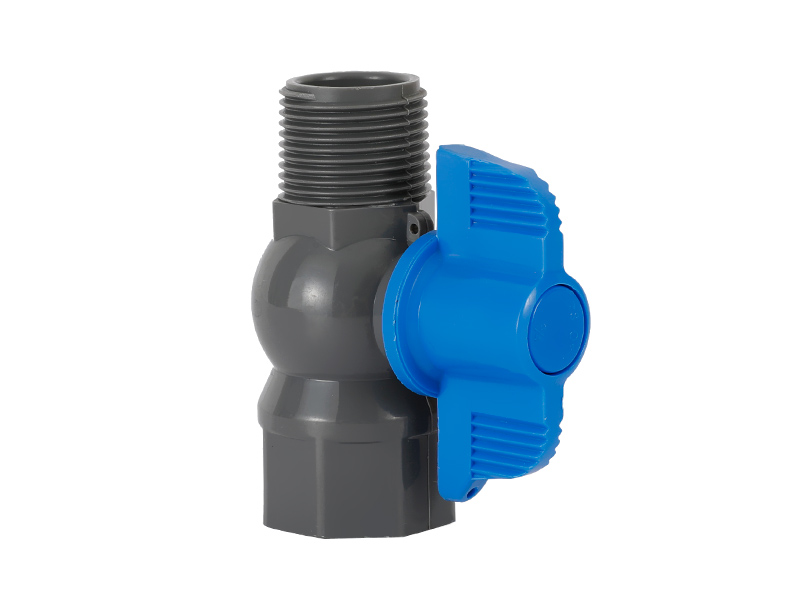
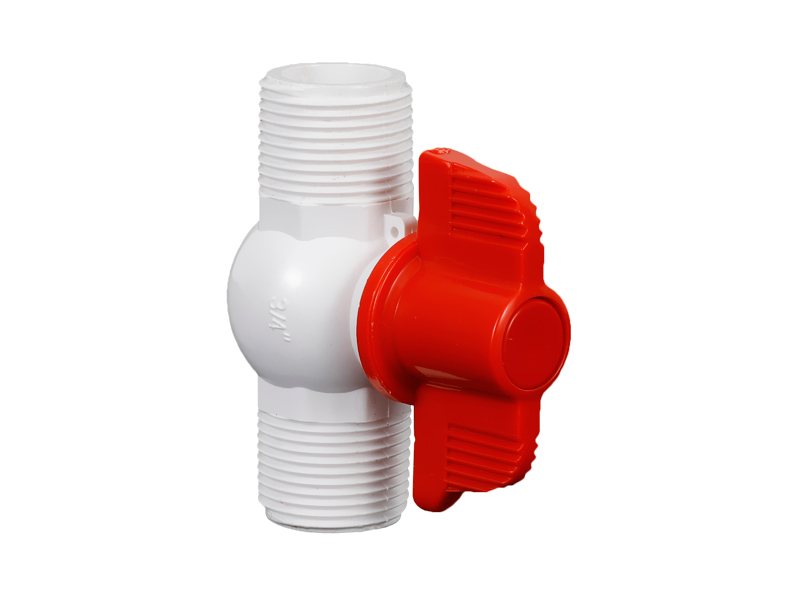

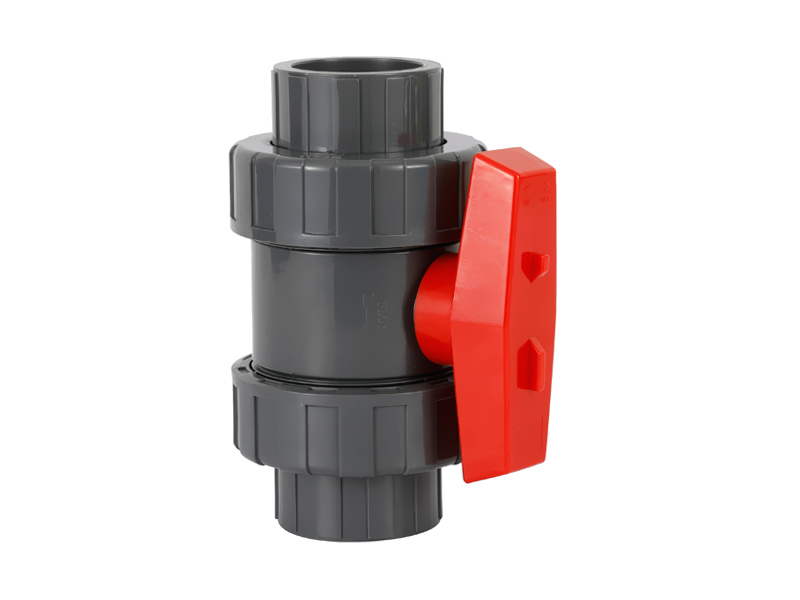

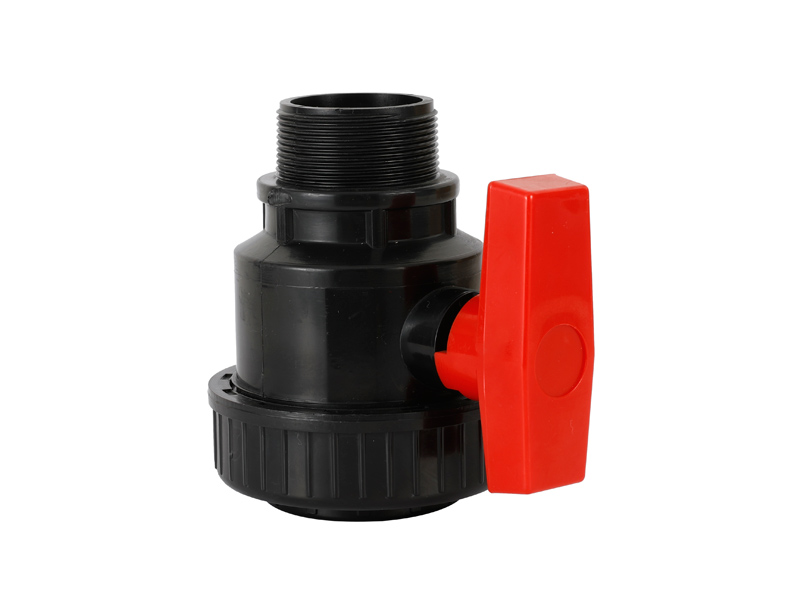
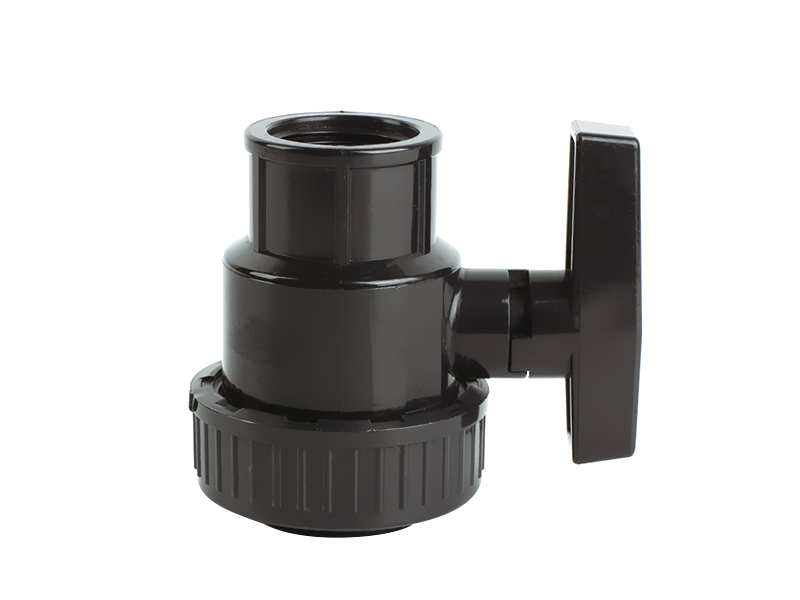
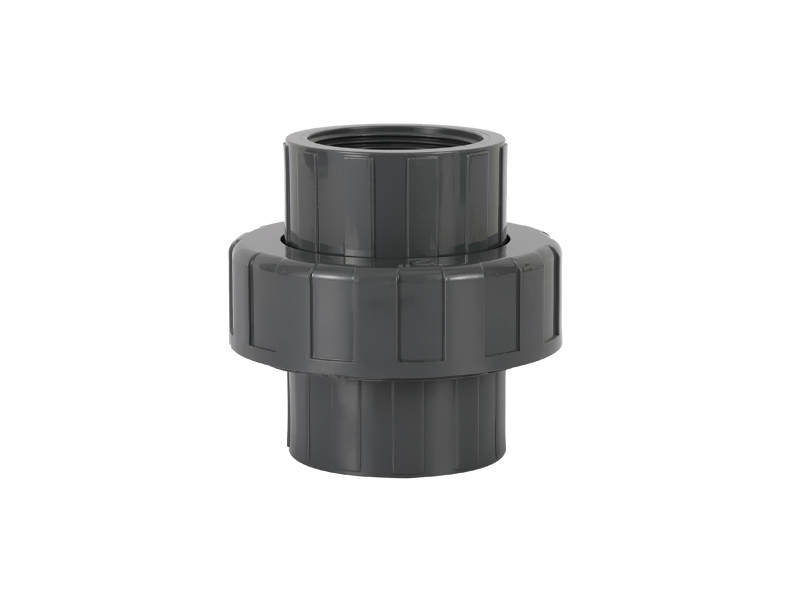
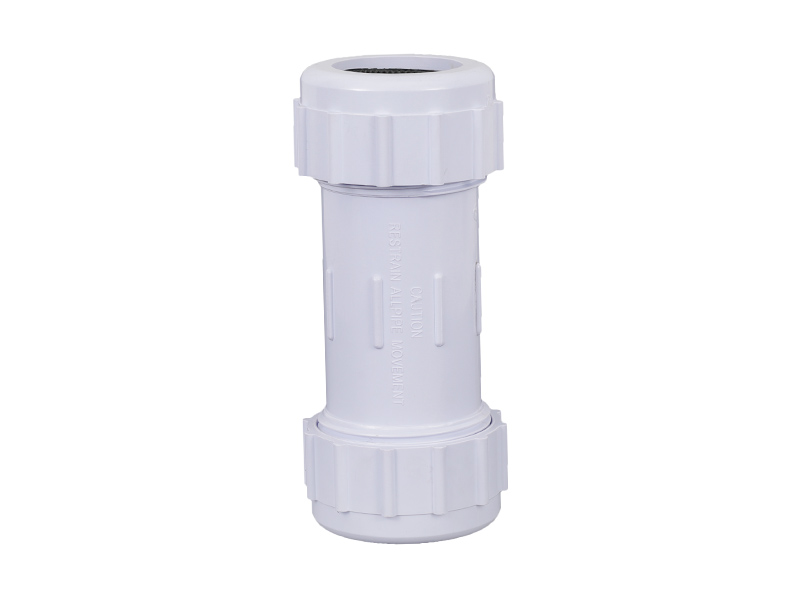
Features of PVC Ball Valves: 1. Durable and Corrosion-R […]
Features of PVC Ball Valves:
1. Durable and Corrosion-Resistant:
PVC (Polyvinyl Chloride) ball valves are known for their durability and resistance to corrosion. PVC is a thermoplastic material that is highly resistant to a wide range of chemicals, making it suitable for use with different types of fluids. The corrosion-resistant nature of PVC ensures the longevity of ball valves, reducing the risk of leaks or malfunctions in fluid control systems.
2. Excellent Flow Control:
PVC ball valves offer excellent flow control capabilities. The spherical ball inside the valve has a hole (bore) through which the fluid passes when the valve is open. By rotating the ball, the flow can be regulated or completely shut off. The design of the ball valve allows for quick and precise flow adjustment, enabling efficient control of fluid volumes and pressures in a system.
3. Easy Operation and Maintenance:
PVC ball valves are designed for easy operation and maintenance. The valves typically have a lever or handle that allows for quick and effortless actuation. Turning the handle rotates the ball, controlling the flow. PVC ball valves are also easy to clean and maintain due to their smooth surfaces and non-stick properties. Routine maintenance involves simple tasks such as lubrication and inspection, ensuring smooth and reliable valve operation.
4. Wide Temperature and Pressure Range:
PVC ball valves are suitable for a wide range of temperature and pressure conditions. They can withstand both high and low temperatures, making them versatile for use in different environments. PVC ball valves are designed to handle moderate to high-pressure applications, ensuring their suitability for various industrial processes that require precise fluid control.
Applications of PVC Ball Valves:
1. Water and Wastewater Treatment:
PVC ball valves find extensive applications in water and wastewater treatment facilities. They are used to control the flow of water, chemicals, and other fluids in processes such as filtration, disinfection, and pumping systems. The corrosion-resistant properties of PVC make ball valves an ideal choice for handling corrosive chemicals and fluids in these applications.
2. Chemical Processing:
PVC ball valves are commonly used in chemical processing industries. They are utilized in the handling and control of various chemicals, acids, and solvents. The resistance of PVC to chemical corrosion ensures the safe and efficient transport of these substances. PVC ball valves provide precise flow control, enabling accurate dosing and mixing in chemical processes.
3. Irrigation and Agriculture:
PVC ball valves play a vital role in irrigation systems and agricultural applications. They regulate the flow of water in irrigation networks, controlling the distribution of water to crops. The durability and resistance of PVC make ball valves suitable for outdoor environments, where they can withstand exposure to sunlight, moisture, and soil conditions.
4. HVAC and Plumbing:
PVC ball valves are commonly used in heating, ventilation, air conditioning (HVAC), and plumbing systems. They control the flow of water, gases, and refrigerants in these systems, ensuring efficient operation and temperature control. The ease of operation and reliability of PVC ball valves make them a preferred choice for both residential and commercial HVAC and plumbing installations.

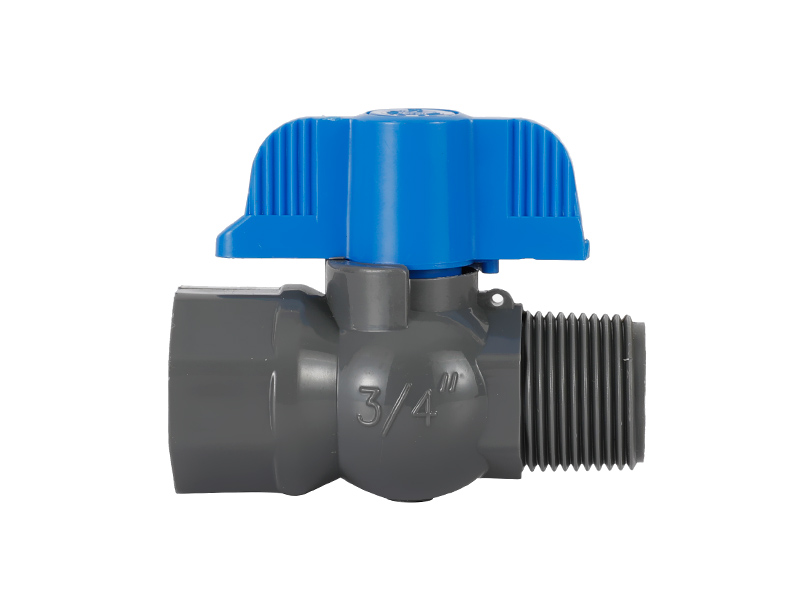
The male ball valve design is a key characteristic...
MORE >>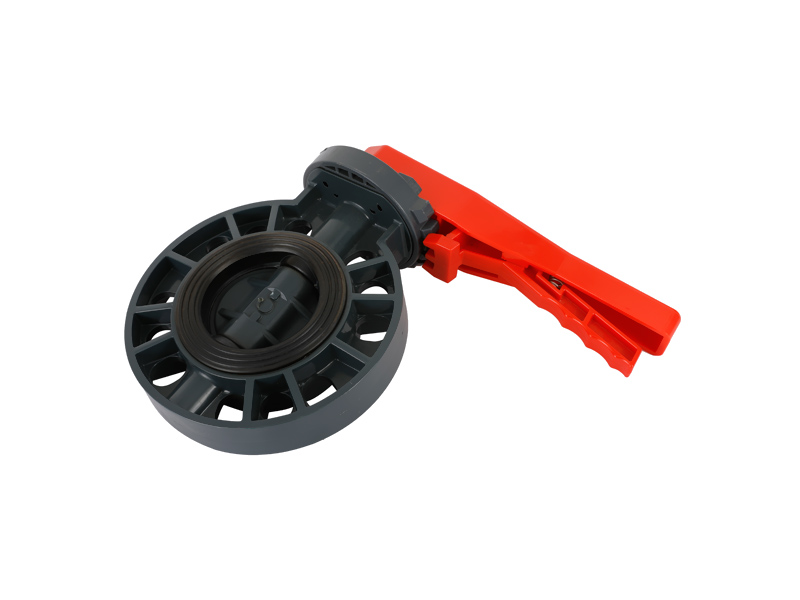
In today's modern world, efficient and reliable wa...
MORE >>
Copyright ©All rights reserved:Zhejiang Xier Plastic Valve Lead Co.,LTD. PVC Ball Valves Manufacturers Technical support: HWAQ  浙公网安备 33060402001174号
浙公网安备 33060402001174号

 English
English España
España عربي
عربي